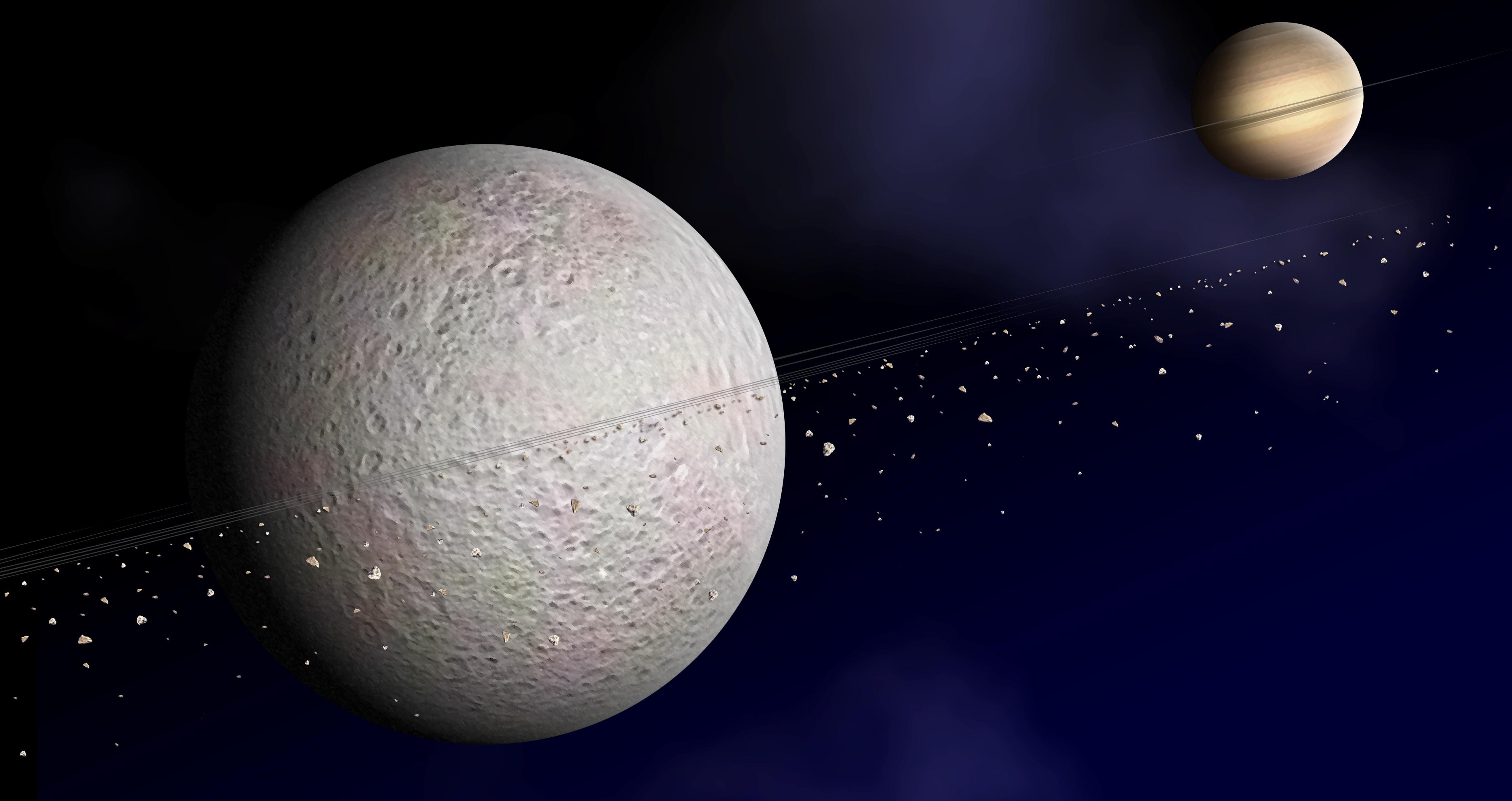All you need to know about ESA's future exoplanet hunter 'Plato'
Plato or PLAnetary Transits and Oscillations of stars mission is planned to launch by Soyuz-Fregat2-1b from Kourou in French Guiana. After launch, the exoplanet hunter will travel to Lagrange point 2 in space, from where it will observe more than 200, 000 stars during its four-year nominal operation.

Plato, the European Space Agency's (ESA) next-gen planet hunting mission, is scheduled for launch at the end of 2026. The mission recently received the green light for its further development.
According to ESA, the next major milestone for this exoplanet mission is the spacecraft critical design review in 2023, which will verify the detailed design of the complete spacecraft before proceeding with its assembly.
Here's all you need to know about ESA's future exoplanet-hunter Plato:
Plato or PLAnetary Transits and Oscillations of stars mission is planned to launch by Soyuz-Fregat2-1b from Kourou in French Guiana. After launch, the exoplanet hunter will travel to Lagrange point 2 in space, from where it will observe more than 200, 000 stars during its four-year nominal operation.
The mission is aimed at detecting terrestrial exoplanets up to the habitable zone of solar-type stars and characterising their bulk properties needed to determine their habitability. The mission will revolutionize the scientific community's understanding of planet formation and the evolution of planetary systems.
Plato will use 26 cameras to detect and provide the key information such as planet radii, mean densities, stellar irradiation, and architecture of planetary systems needed to determine the habitability of these unexpectedly diverse new worlds.
"Plato continues a European tradition of excellence in all areas of space science. The mission will serve the science community to gather invaluable knowledge of planets in our galaxy, beyond our own solar system," says Filippo Marliani, project manager of Plato at ESA.
Our future exoplanet-hunter #Plato gets green light for its further development! ✅Plato will use 26 cameras to study more than 200,000 stars similar to our Sun and discover and characterise exoplanets that orbit them ⭐️ Launch planned for end 2026 👉https://t.co/Xzsz6BVc1Z pic.twitter.com/MPeXU44QJZ
— ESA Science (@esascience) January 14, 2022
(To be updated)
- READ MORE ON:
- ESA Plato mission
- ESA exoplanet hunter Plato
- European Space Agency










